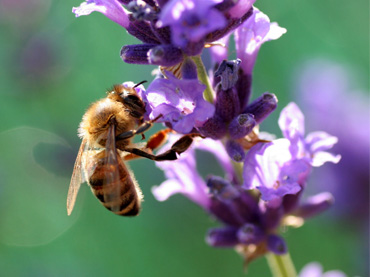These days, the production of beeswax and honey lies on the hands of successful and huge industries. But, they won’t be able to reach the top without the help of the so-called honey bees.
Honey bees are tiny little creatures that are best known for being cooperative and social as they are often seen living within colonies. These creatures are known for producing honey, a product that provides plenty of healing benefits for humans.


Types of Honey Bees

[dfp1]

The Queen Bee
The queen bee is the only sexually developed bee in a colony. This means she is the only one that can mate and lay eggs. Her average life span is from 3 to 5 years. However, it can go faster than you think. The queen can only mate a week after its emergence. Within 20 days and she still didn’t mate, she loses her ability to reproduce. The place where she lays all her eggs and store the honey is called the beeswax.

[dfp2]

The Reproduction Cycle
The drones or the male bees are the one that provides the queen with sperm. After that, they will die immediately.
Other than laying at least 2,500 eggs in one day, the queen bee also control the gender of the new generation. The egg will become females if she chooses to store the sperm to fertilize the egg, otherwise, it’s a male.
When the queen bee dies, the workers will find a new one. And then, she will be fed with a special diet, which is called the royal jelly. This diet makes the queen fertile.
[dfp3]

The Uses of Honey
The honey bees are the only insects that can produce food that can be eaten by humans – the honey. Honey is an excellent source of crucial components, such as vitamins, minerals, water, and enzymes. It is also the only food that contains an antioxidant called pinocembrin, which helps improve the functional skills of the brain.

Based on the facts presented above, it is obvious that honey bees play a vital role, not only in the pollination process, but also in the lives of humans. Aside from producing honey that are important for survival, their sting also provides several medical benefits.
[dfp4]


